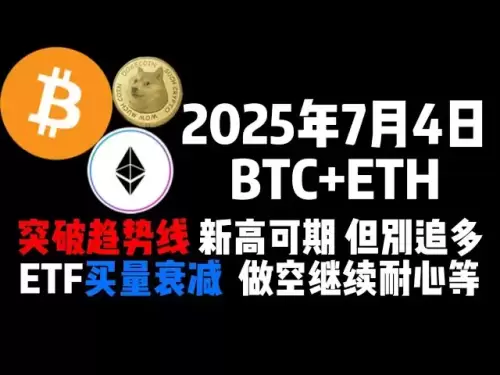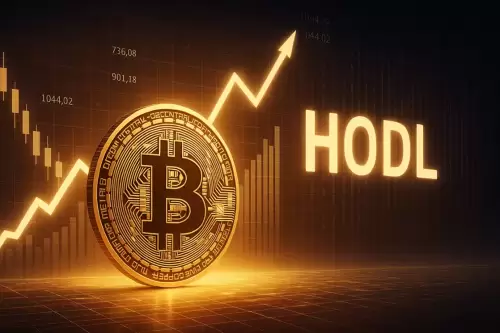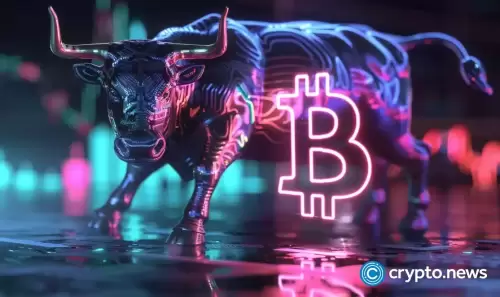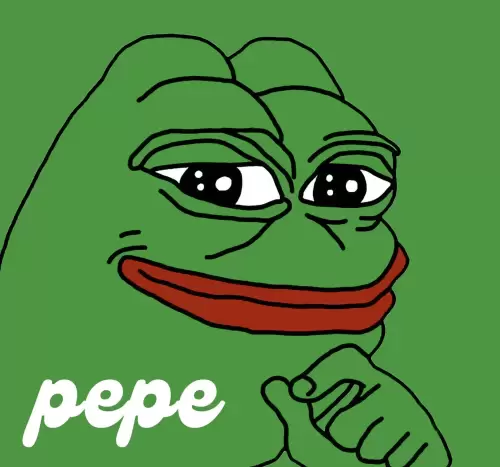 |
|
 |
|
 |
|
 |
|
 |
|
 |
|
 |
|
 |
|
 |
|
 |
|
 |
|
 |
|
 |
|
 |
|
 |
|
Cryptocurrency News Articles
Robinhood's Risky Game: Fake Tokens, Real Trouble?
Jul 04, 2025 at 07:04 am
Robinhood's foray into tokenized assets sparks controversy as OpenAI distances itself from 'fake' tokens, raising questions about risk and transparency.

Robinhood's latest venture into tokenized assets has stirred up a hornet's nest. Are these 'OpenAI tokens' the future of finance, or just a recipe for disaster? Let's dive in.
The Tokenized Trouble: What's the Deal?
On June 30, 2025, Robinhood EU launched tokenized shares of OpenAI and SpaceX, exclusively available through its crypto app. Sounds cool, right? Robinhood even offered 5 euros worth of these tokens to eligible EU users. But hold on, because OpenAI quickly threw a wrench in the works.
OpenAI issued a disclaimer, stating these “OpenAI tokens” aren't company equity and were launched without their involvement or approval. Elon Musk chimed in, calling the 'equity' fake. Ouch.
Vlad's Spin: A Seed for Something Bigger?
Robinhood CEO Vlad Tenev took to X to clarify. He admitted these tokens aren't technically equity but synthetic assets that track the price actions of private firms. Investors don't get direct shares or voting rights. Instead, they're exposed to issuer risk, regulatory uncertainty, and potentially thin liquidity. Market analysts are calling them high-beta derivatives.
Tenev sees this as a "seed for something much bigger," claiming private companies are interested in joining the tokenization revolution. Skepticism remains, with calls for transparent data on how these tokens are priced and valued.
The HOOD Effect: Stock Surge and Subsequent Dip
Initially, Robinhood stock (HOOD) surged to an all-time high after the tokenization announcement. But the speculation surrounding the OpenAI shares led to a decline. As of July 2, 2025, HOOD was trading around $97.98, slipping 1.67% in pre-market trading.
The Bigger Picture: Tokenization Under Scrutiny
This situation highlights the need for transparency and clear communication in the crypto space. Companies must inform customers about the risks involved. Experts warn that while tokenization may give retail investors a taste of private companies, it's crucial to understand what they're actually buying.
My Two Satoshis
While the idea of democratizing access to private markets is appealing, Robinhood's approach seems half-baked. Tokenizing assets without clear backing or approval from the underlying companies is a recipe for confusion and potential financial harm. It’s like selling tickets to a concert that hasn’t been booked yet. The intention might be good, but the execution needs serious work.
The Upshot
So, what's the takeaway? Robinhood's OpenAI token saga is a cautionary tale. It underscores the importance of due diligence, transparency, and understanding the risks involved in new financial products. In the meantime, maybe stick to stocks that are, you know, actually stocks. Just sayin'!
Disclaimer:info@kdj.com
The information provided is not trading advice. kdj.com does not assume any responsibility for any investments made based on the information provided in this article. Cryptocurrencies are highly volatile and it is highly recommended that you invest with caution after thorough research!
If you believe that the content used on this website infringes your copyright, please contact us immediately (info@kdj.com) and we will delete it promptly.





























































